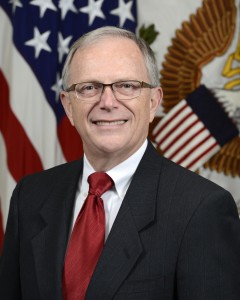
The Army is readying a new intellectual property policy within the next two months aimed at allowing contractors to keep sensitive capability details a secret until final contract negotiations and allow officials more flexibility to move on from unwanted technologies, the service’s top acquisition official said Tuesday,Bruce Jette, assistant secretary of the Army for acquisition, logistics & technology (ASA(ALT)), told attendees at a National Defense Industrial Association Event the new policy could include provisions for Army officials to sign non-disclosure…

 By
By 









